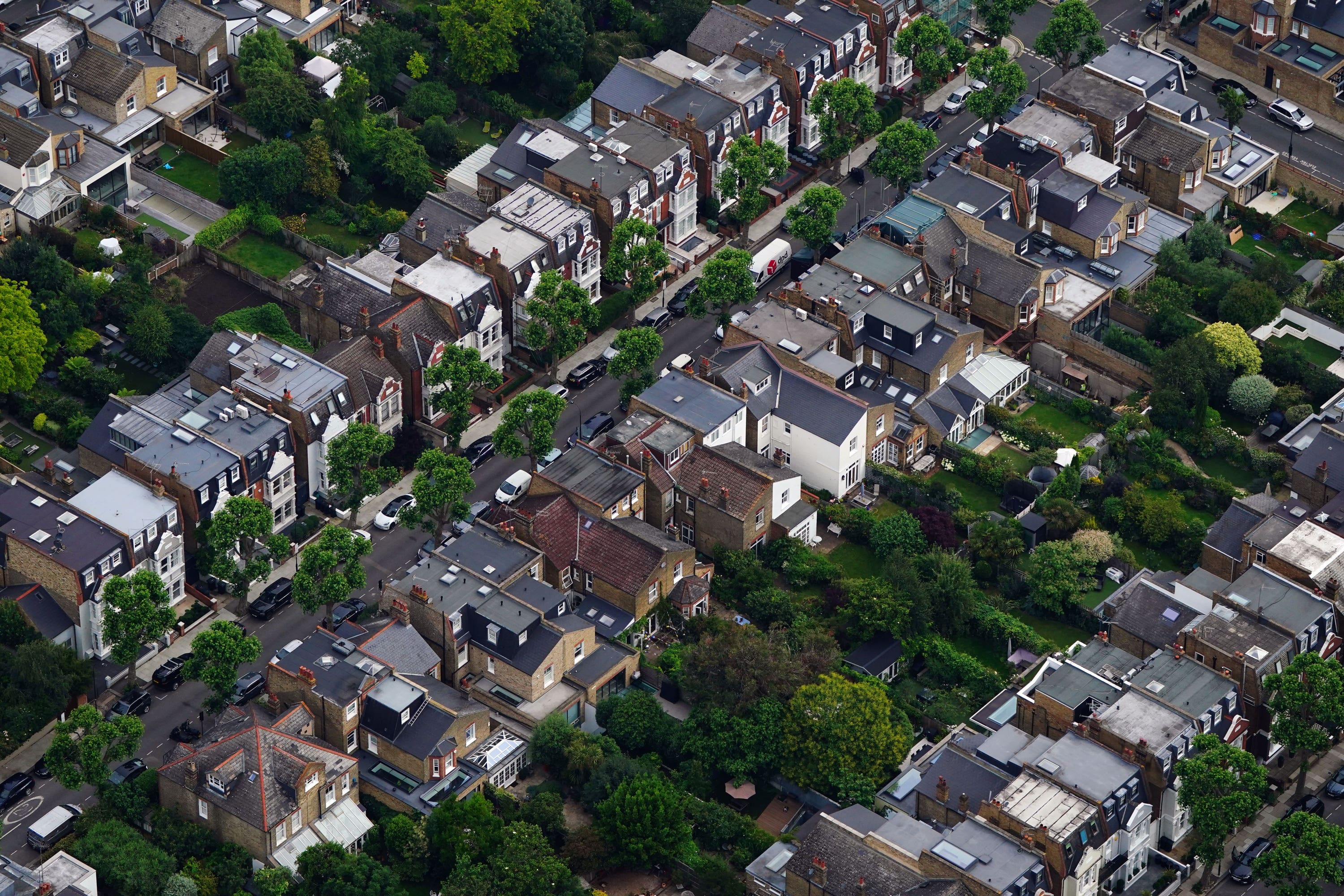It won’t be popular, but there’s only one answer to tackling soaring rents
Rents outside the capital have surged to a new record, with the cost outstripping the rise in wages. Starmer cannot afford to waste time – the war on nimbyism must start now, writes James Moore


Despite the efforts of successive governments, the dream of home ownership has grown more and more out of reach for years.
Now though, it appears that simply being able to afford a roof over your head is becoming a luxury, with the latest figures from property website Rightmove showing that the average cost of renting a home outside London has surged to £1,314 per calendar month.
To put that figure in context: the average wage now stands at just below £36,000. The latest official figures put the average rise at 5.7 per cent against inflation of 2 per cent. However, the above figure for average rents, covering the second quarter of the year from property website Rightmove, is up nearly 7 per cent compared with a year earlier. Rents in London are rising more slowly, at 3.7 per cent, but the average rental property in the capital will now set you back a staggering £2,661 – twice that of the rest of the UK.
The members of Generation Rent are being brutally squeezed wherever they hang their hats. True, the pace of increase has slowed a bit – the annual rises were 8.5 per cent outside London and 5.3 per cent in the capital during the first quarter of this year – but that doesn’t offer much comfort to those trying to navigate these treacherous waters.
The eye-watering cost of renting is not the only issue – finding somewhere to call home is also becoming an increasingly difficult task. Each property typically receives 17 inquiries from prospective tenants, more than double the pre-pandemic figure of eight at this time of year, while supply is down 20 per cent over the same period.
“A severe drought of genuinely affordable social homes has left private renting creaking under the weight of demand. Millions of renters have no option but to battle it out for overpriced and often shoddy homes, with rents soaring to record highs as a result,” says Shelter CEO Polly Neate. “With rents skyrocketing and protections from evictions paper thin, many are faced with an impossible choice: accept an eyewatering rent hike or risk being hit with a no-fault eviction.”
This explains why talk about a housing crisis is entirely justified, and why people arguing for rent controls during the election campaign received such an enthusiastic hearing. But the problem with populist measures like this is the law of unintended consequences, certainly when it comes to the more radical varieties of proposed controls such as a hard cap. The latter would certainly be popular among tenants, but it could easily result in landlords selling up at the first opportunity, exacerbating the supply shortage dogging the rental market.
The ultimate solution is obvious: Britain needs more homes – affordable ones in particular. The new Labour government says it is serious about fixing the issues that have prevented this happening, such as a sclerotic planning process. However, if it is to deliver on its newbuild promises it will at some point have no choice but to take on the nimbyism that thwarted the previous government’s attempts to get homes built in places where demand is highest, such as the leafy shires of the South East.
The government’s “official” southeast region is made up of Kent, east Sussex, west Sussex, Hampshire, the Isle of Wight, Surrey, Berkshire, Buckinghamshire and Oxfordshire. This was previously natural Tory territory. In 2019, they took 78 seats against Labour’s eight, with one each for the Lib Dems and the Greens. However, Labour is now the largest party, putting a sizeable crack in the blue wall with 36 seats, followed by the Conservatives now on just 30, the Liberal Democrats (24) and the Greens (one).
How much will electoral calculations play a role in policy in this area? Labour’s rhetoric about “delivery” will be hollow indeed if they serve to neuter the dire need for new, affordable homes.
Rightmove notes with approval “some early positive signs from the new government regarding improvements in the rental market for tenants” – including proposals to end “no-fault” evictions, and talk about a ban on landlords encouraging prospective tenants to “bid up” rents against each other.
But these words must now be put into action. The housing crisis has been shunted from government to government without any meaningful action for decades. Voters want roofs over their heads, and Starmer must act now to make that a more affordable reality by targeting the nimbys who have thwarted similar efforts for years. If he doesn’t, it will cost him at the ballot box.


Join our commenting forum
Join thought-provoking conversations, follow other Independent readers and see their replies
Comments